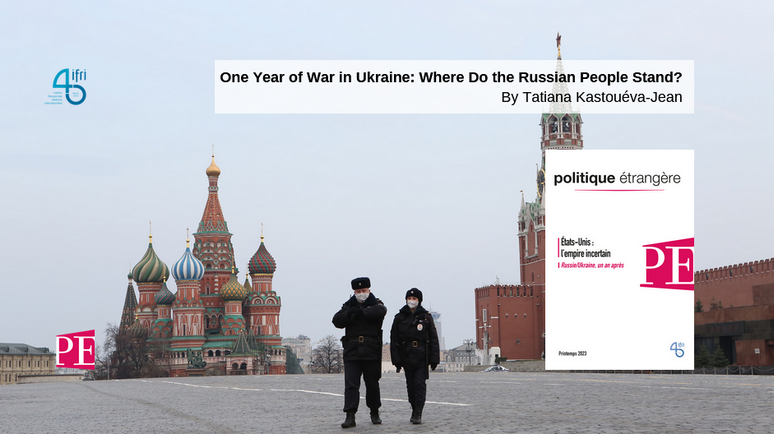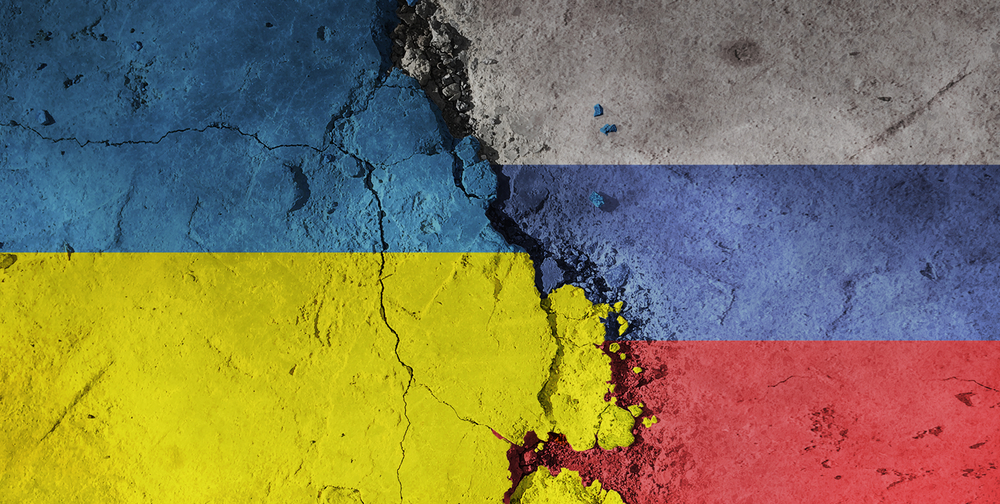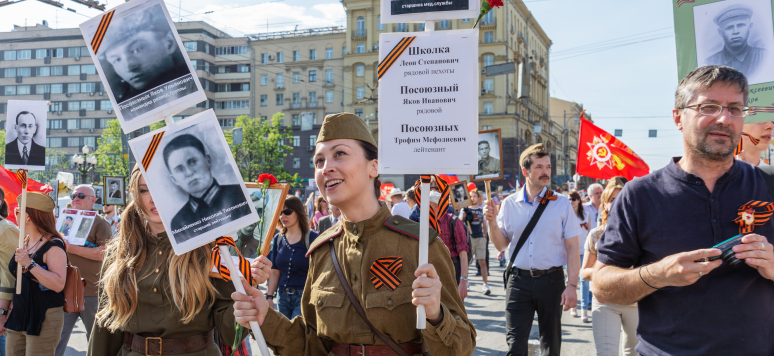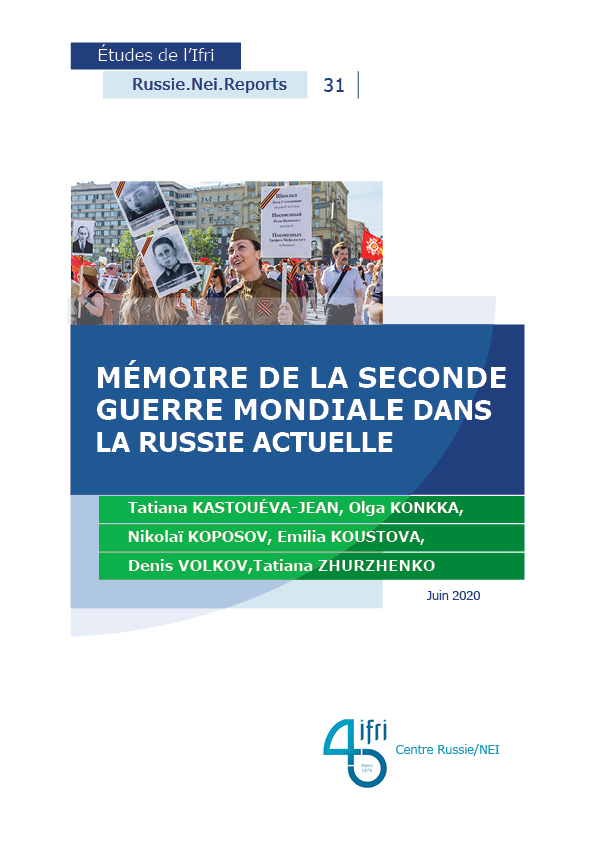
Prénom de l'expert
Tatiana
Nom de l'expert
KASTOUÉVA-JEAN
Director of the Russia/Eurasia Center, Ifri
Research Areas:
- Russian domestic and foreign policy
- Russian economy
- Russian elites and society
- Ukraine
- Developments in the Eurasia region
Tatiana Kastouéva-Jean has headed the Russia/Eurasia Center since 2014. She graduated from Yekaterinburg State University and has a Franco-Russian Masters in International Relations from Sciences-Po/MGIMO in Moscow. She also obtained a DEA in international relations at the University of Marne-la-Vallée.
Tatiana Kastouéva-Jean heads the trilingual electronic collection "Russia.Eurasia.Visions".
See more












